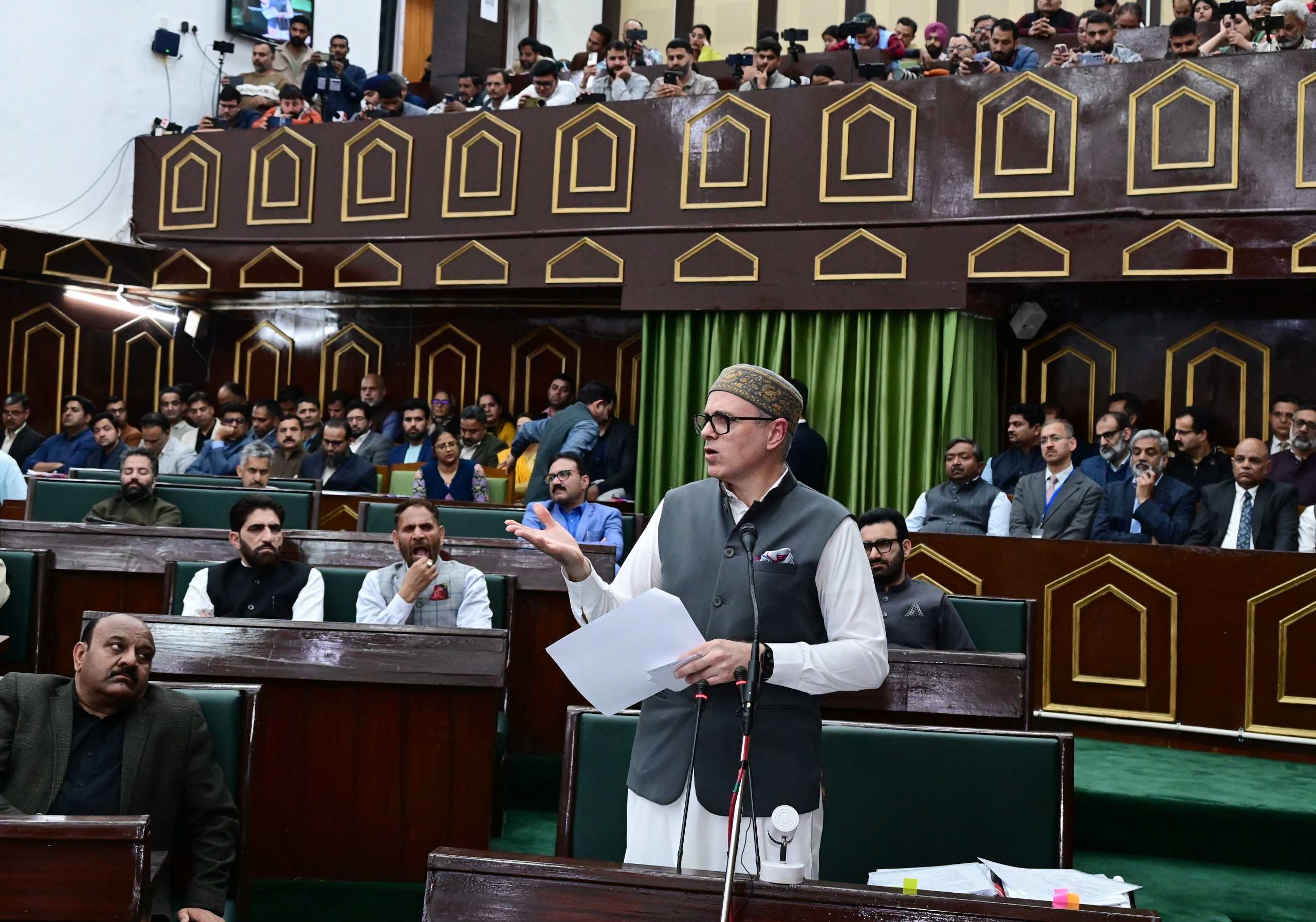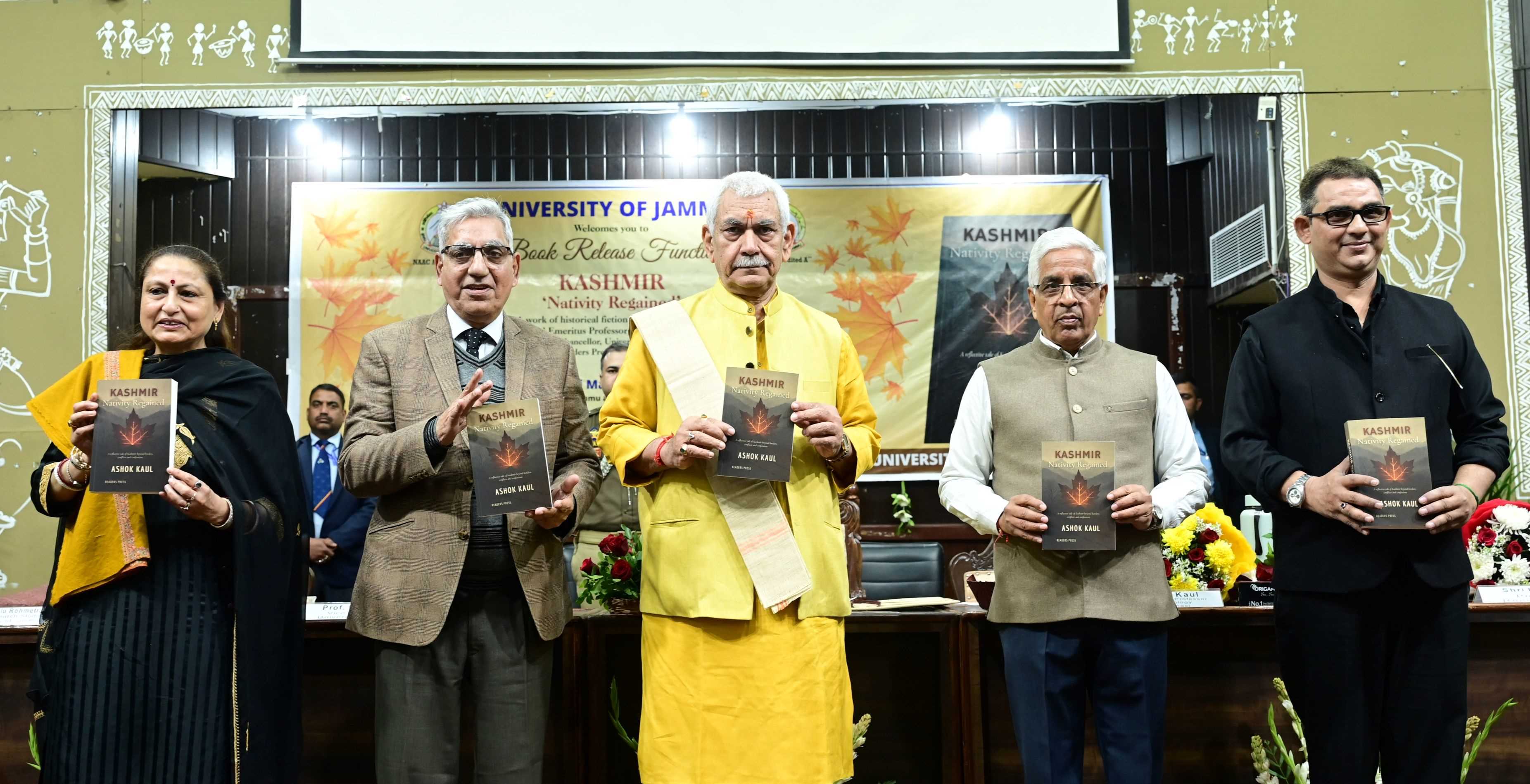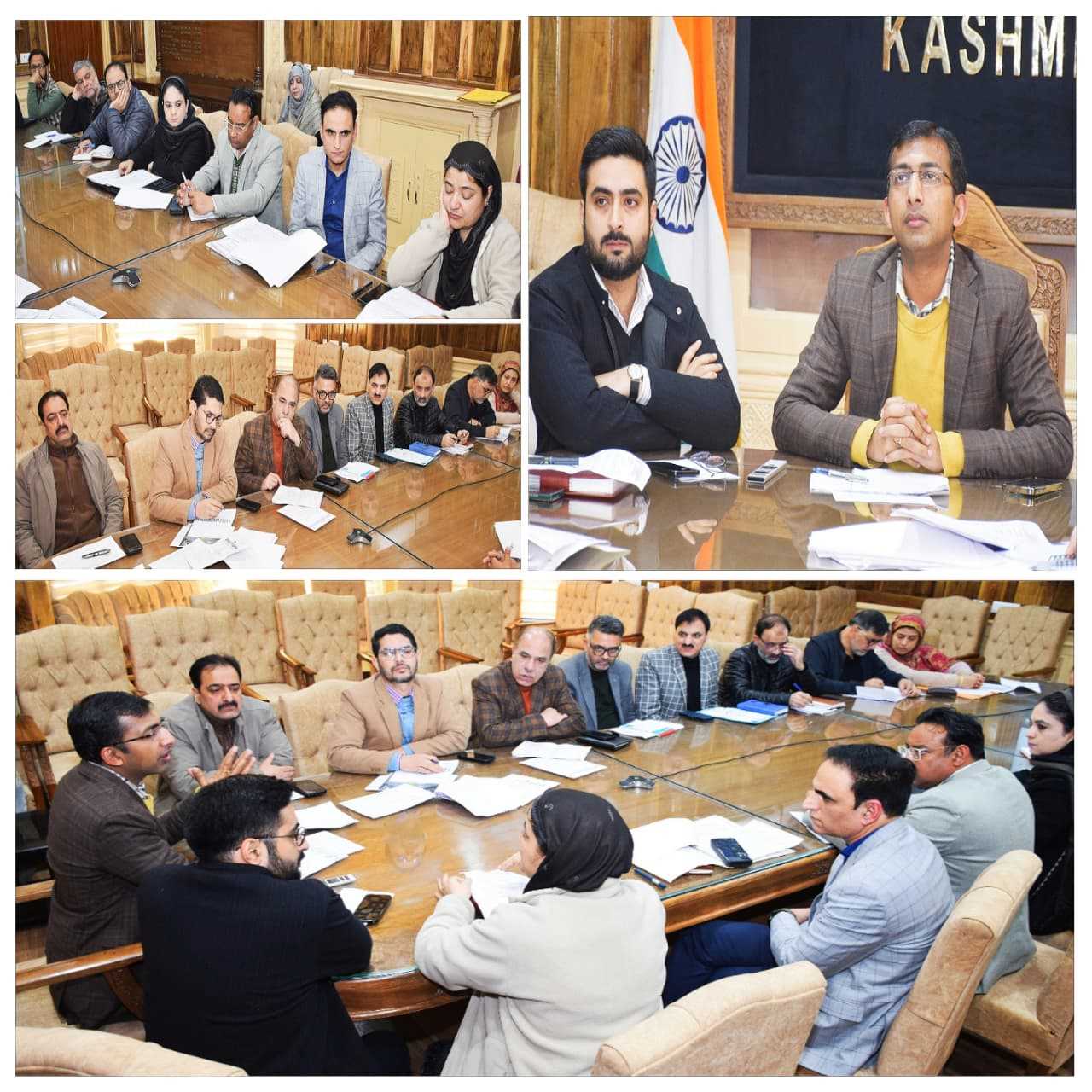
The recent breakthrough by researchers at the Indian Institutes of Technology (IIT) Delhi, focusing on sodium-sulphur (RT-Na/S) batteries, is a significant milestone in the quest for sustainable energy solutions. This development promises to revolutionize the energy sector by providing a viable alternative to the ubiquitous lithium-ion batteries, which have long been the cornerstone of modern energy storage technologies. Sodium-sulphur batteries have the potential to address several critical issues associated with lithium-ion technology. Lithium, despite its efficiency, has considerable drawbacks, including limited global reserves, high extraction costs, and significant environmental impact. As the demand for electric vehicles (EVs) and renewable energy storage solutions continues to surge, the strain on lithium resources is becoming increasingly unsustainable. The depletion of lithium resources could not only drive up costs but also lead to geopolitical tensions as countries vie for control over these finite resources. In contrast, sodium is abundant and inexpensive, making it an attractive alternative. The successful development of sodium-sulphur batteries could alleviate the pressure on lithium supplies, democratizing energy storage technology and making it more accessible worldwide. This is especially critical for developing nations that may not have the financial or natural resources to compete in the lithium market. The shift to sodium-based batteries could lead to a more equitable distribution of energy technology, reducing dependence on a few key players and fostering global energy independence. One of the most compelling advantages of sodium-sulphur batteries is their environmental sustainability. Lithium-ion batteries are not only resource-intensive to produce but also pose significant environmental challenges at the end of their lifecycle. Recycling lithium-ion batteries is a complex and costly process, and improper disposal can lead to hazardous environmental contamination. Sodium-sulphur batteries, on the other hand, offer a more environmentally friendly profile. Sodium extraction is less damaging to ecosystems, and sulphur, a byproduct of many industrial processes, is readily available and cheap, reducing waste and promoting circular economy principles. The development of sodium-sulphur batteries could also spur technological advancements and economic growth. By reducing reliance on lithium, the energy sector could see a wave of innovation as companies and researchers explore new applications and efficiencies in battery technology. Moreover, the cost savings associated with sodium-sulphur batteries could make energy storage solutions more affordable, accelerating the adoption of renewable energy sources like solar and wind. This, in turn, would help mitigate the effects of climate change by reducing the world’s dependence on fossil fuels. As the world grapples with the challenges of climate change and resource scarcity, breakthroughs like these are crucial in paving the way for a cleaner, greener future.



The recent breakthrough by researchers at the Indian Institutes of Technology (IIT) Delhi, focusing on sodium-sulphur (RT-Na/S) batteries, is a significant milestone in the quest for sustainable energy solutions. This development promises to revolutionize the energy sector by providing a viable alternative to the ubiquitous lithium-ion batteries, which have long been the cornerstone of modern energy storage technologies. Sodium-sulphur batteries have the potential to address several critical issues associated with lithium-ion technology. Lithium, despite its efficiency, has considerable drawbacks, including limited global reserves, high extraction costs, and significant environmental impact. As the demand for electric vehicles (EVs) and renewable energy storage solutions continues to surge, the strain on lithium resources is becoming increasingly unsustainable. The depletion of lithium resources could not only drive up costs but also lead to geopolitical tensions as countries vie for control over these finite resources. In contrast, sodium is abundant and inexpensive, making it an attractive alternative. The successful development of sodium-sulphur batteries could alleviate the pressure on lithium supplies, democratizing energy storage technology and making it more accessible worldwide. This is especially critical for developing nations that may not have the financial or natural resources to compete in the lithium market. The shift to sodium-based batteries could lead to a more equitable distribution of energy technology, reducing dependence on a few key players and fostering global energy independence. One of the most compelling advantages of sodium-sulphur batteries is their environmental sustainability. Lithium-ion batteries are not only resource-intensive to produce but also pose significant environmental challenges at the end of their lifecycle. Recycling lithium-ion batteries is a complex and costly process, and improper disposal can lead to hazardous environmental contamination. Sodium-sulphur batteries, on the other hand, offer a more environmentally friendly profile. Sodium extraction is less damaging to ecosystems, and sulphur, a byproduct of many industrial processes, is readily available and cheap, reducing waste and promoting circular economy principles. The development of sodium-sulphur batteries could also spur technological advancements and economic growth. By reducing reliance on lithium, the energy sector could see a wave of innovation as companies and researchers explore new applications and efficiencies in battery technology. Moreover, the cost savings associated with sodium-sulphur batteries could make energy storage solutions more affordable, accelerating the adoption of renewable energy sources like solar and wind. This, in turn, would help mitigate the effects of climate change by reducing the world’s dependence on fossil fuels. As the world grapples with the challenges of climate change and resource scarcity, breakthroughs like these are crucial in paving the way for a cleaner, greener future.
© Copyright 2023 brighterkashmir.com All Rights Reserved. Quantum Technologies